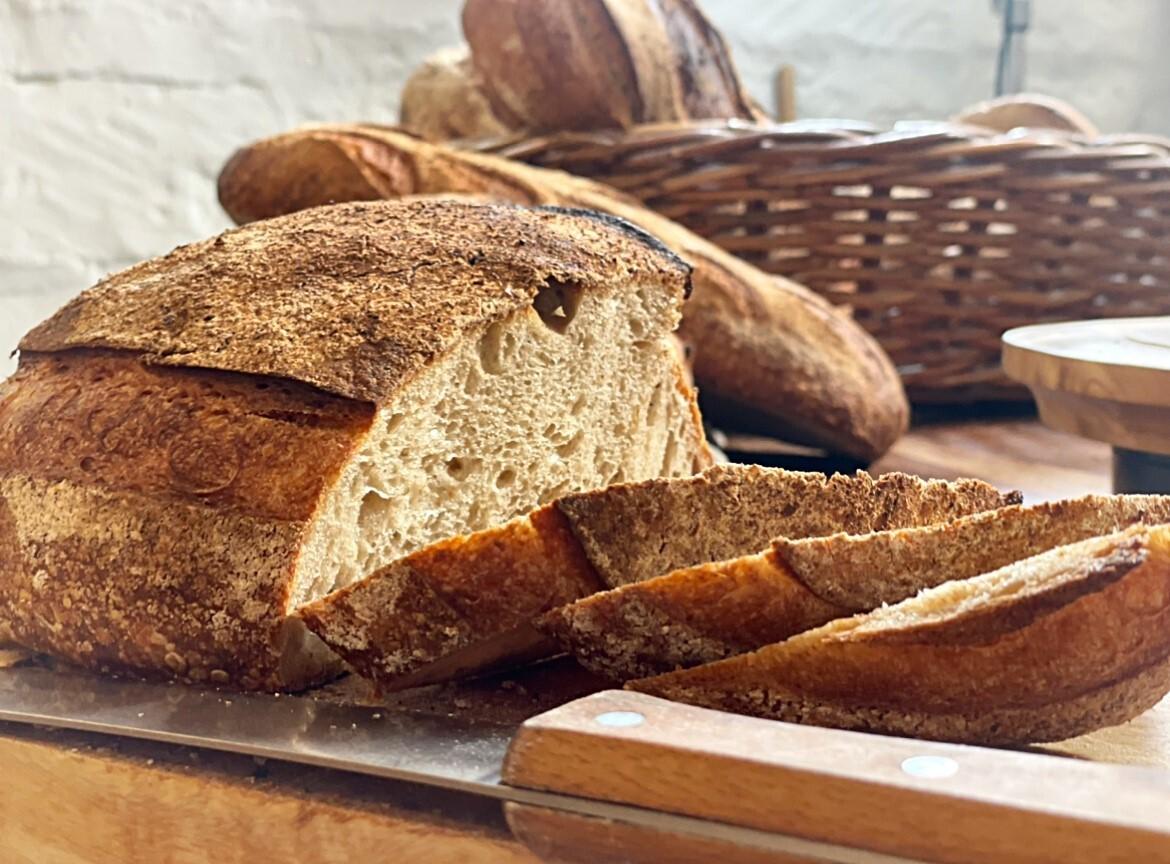Becoming a baker is hard. Becoming an expert baker is even harder. If you don’t know who Richard Bertinet is, he’s one of the latter. Bread is one of life’s most essential foods and Richard is a master at making loaves that have lived more than most. Richard Bertinet has been baking professionally since the age of 14 and he’s even launched his very own BBC Maestro course to help you get hands-on with bread yourself.
His award-winning book, Dough, revolutionised the simplicity of breadmaking and Richard was kind enough to share some knowledge about the basics of breadmaking with us here at Mob. His no-nonsense approach to baking is a breath of fresh air in the world of delicate measurements and meticulous proving times. There’s no need to have a fear of baking. Just follow a few of these simple tips and you should be right as rain.
